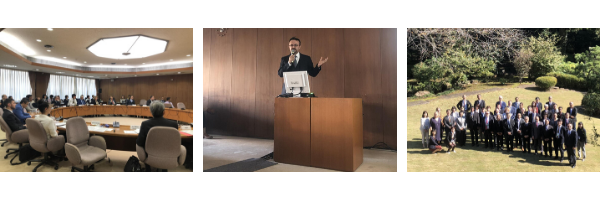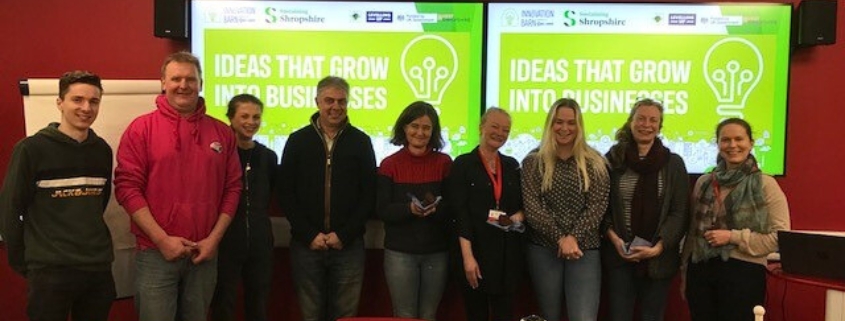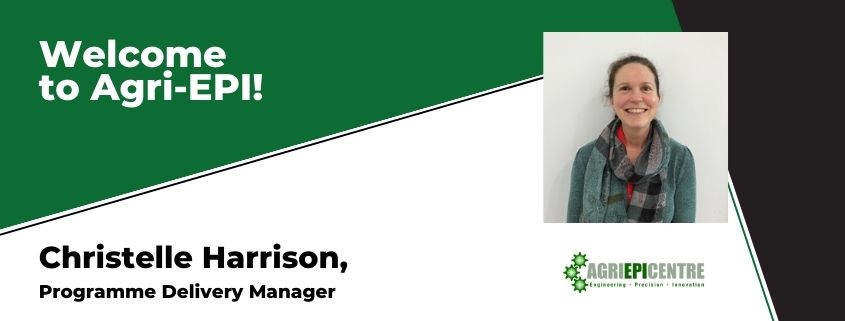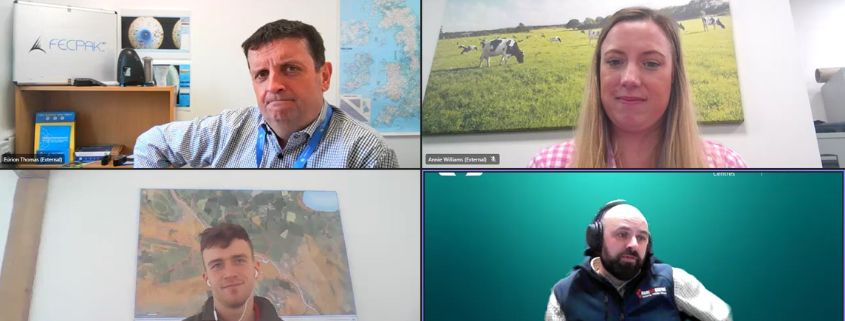Japan is embracing climate-smart technologies and practices for sustainable agriculture; and Agri-EPI is now helping to advance this for global benefits.
At DEFRA‘s invitation, Agri-EPI’s CTO Shamal Mohammed attended an international workshop in Tokyo on scaling up these technologies in early November, where he presented several case studies on bridging the gap between science, technology and farming.
The key case study – the Satellite Farm Network – aims to increase the use of smart technologies to help reduce greenhouse gas emissions and mitigate climate change, he says. This fits nicely with the SmartFarm concept being rolled out in China through Innovate UK – something in which the deputy director from the Ministry of Agriculture of Japan showed interest – see Agri-EPI’s China visit for more information.
Shamal also discussed using technology to maximise productivity, with some UK studies demonstrating that 11m tonnes of carbon can be saved just by improving efficiencies.
Linked to this is research into helping farmers understand limitations of productivity. “If soil is not in good condition and there are compaction issues, more fertiliser won’t increase productivity, but will increase emissions,” explains Shamal.
Other case studies were presented from every delegate country, with the Canadian Living Lab proving most interesting as it put forward ideas in union with Agri-EPI’s initiative to unite science, technology and farming practice.
Additionally, Agri-EPI shared ideas about creating a carbon market with the US Department of Agriculture, with potential for investment from private American investors. “It’s about building that market mechanism and space for trading the carbon stored in soils,” says Shamal.
The final day of the trip involved visits to three Japanese farms of varying size and layout, Shamal explains: “It was good to see how they managed their land and cropping and what they are doing to increase productivity and store carbon.” Japanese farmers are using labelling to persuade consumers that their products are more sustainable, shifting attitudes and purchasing behaviour.
The conference – which followed the G20 meeting in September – offered Agri-EPI the opportunity to meet and set up communication lines with individuals and organisations across the globe with similar aims. In addition, it helped to build relationships and share the SmartFarm concept – something Japan and other countries may now also be interested in establishing.
Next year, Saudi Arabia is hosting the G20 Ministry of Agriculture Chief Scientists (MACS) meeting. Agri-EPI is looking into the possibility of getting a slot at the MACS next year.
Stay informed
Keep up to date with the latest impact and results of our work, plus, news, innovation and approaches across the sector. Read our latest news and Agri-EPI blogs.





